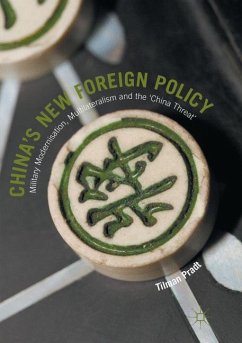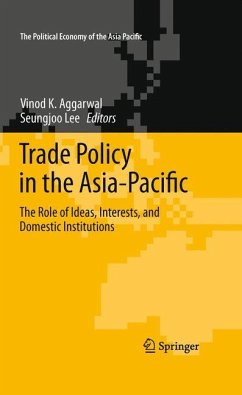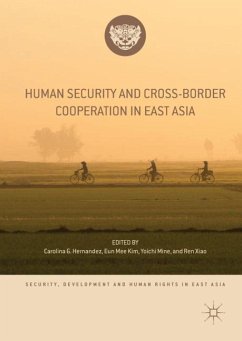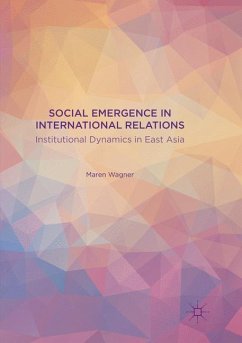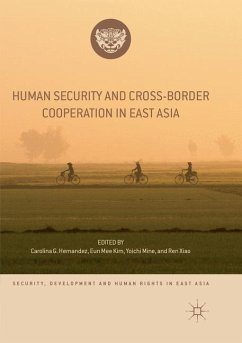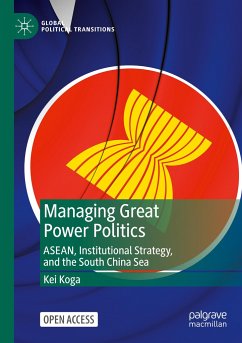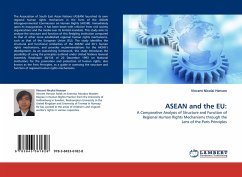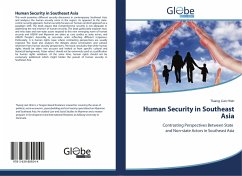
The Theoretical and Practical Dimensions of Regionalism in East Asia
Versandkostenfrei!
Versandfertig in 6-10 Tagen
98,99 €
inkl. MwSt.
Weitere Ausgaben:

PAYBACK Punkte
49 °P sammeln!
This book provides a comprehensive overview of developments in East Asian regionalism, combining qualitative evidence with empirical quantitative analysis. It argues that two dominant processes have formed East Asian regionalism: 1) regionalization, and 2) inter-regionalism. Klecha-Tylec examines the differences between traditional and new regionalisms as they apply to East Asia; the differences between East Asian and European regionalism; the role of the United States in shaping regional links; and the evolution of the three key structures of ASEAN, ASEAN+3, and Asia Summits. The book is uniq...
This book provides a comprehensive overview of developments in East Asian regionalism, combining qualitative evidence with empirical quantitative analysis. It argues that two dominant processes have formed East Asian regionalism: 1) regionalization, and 2) inter-regionalism. Klecha-Tylec examines the differences between traditional and new regionalisms as they apply to East Asia; the differences between East Asian and European regionalism; the role of the United States in shaping regional links; and the evolution of the three key structures of ASEAN, ASEAN+3, and Asia Summits. The book is unique for examining together the network, zonal, and geospatial dimensions of relations in East Asia as they apply at micro-regional, sub-regional, macro-regional, trans-regional and inter-regional levels. The book offers a detailed analysis of intra-regional links and the hybrid relationships between micro-regions and nation-states.



